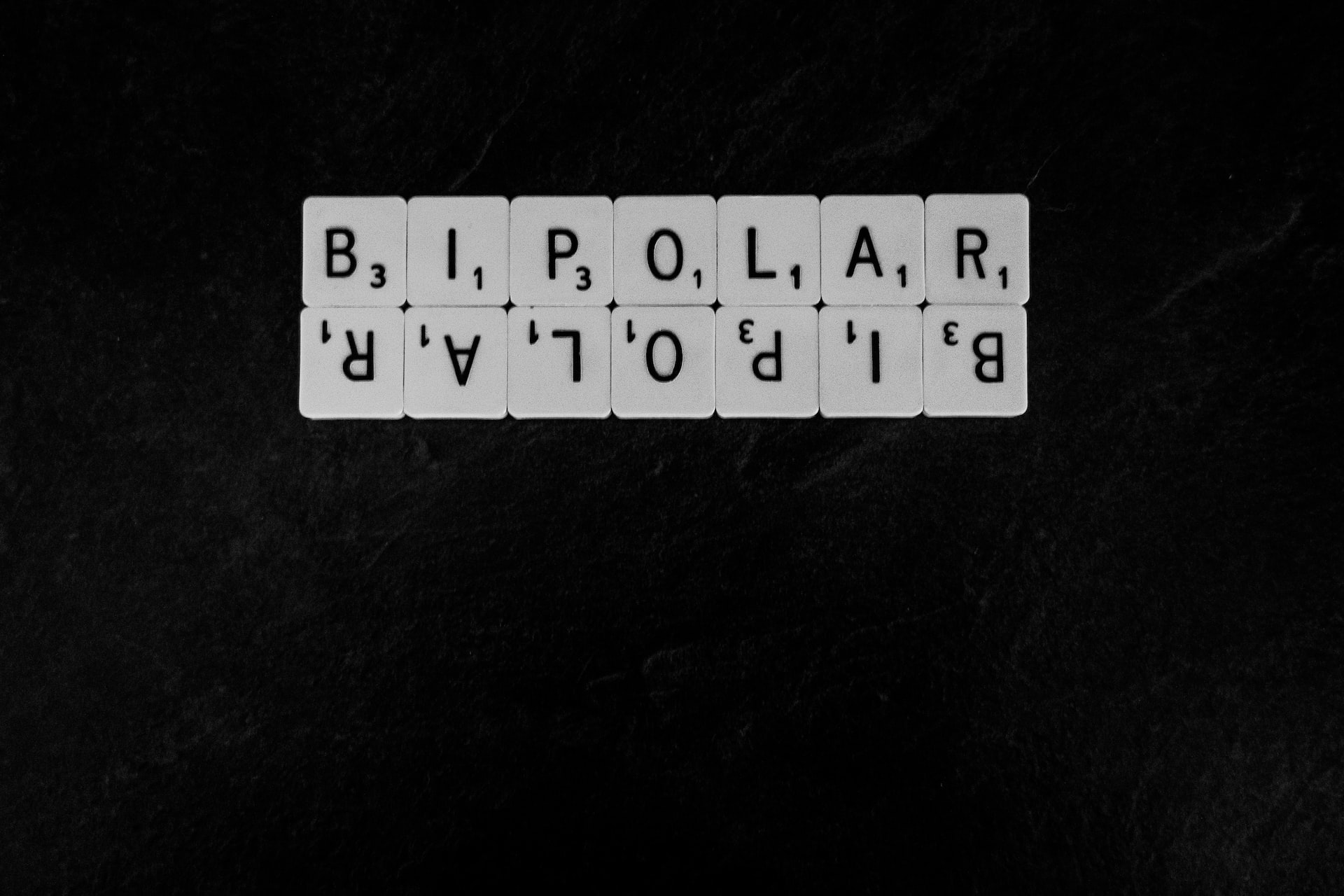By Ashley Barnes
What is World Bipolar Day?
Each year on March 30th, World Bipolar Day is observed to bring awareness to bipolar disorders and to eradicate social stigma. Vincent Van Gogh, the famous and extremely talented artist, was posthumously diagnosed as having a form of bipolar disorder; World Bipolar Day is celebrated each year on his birthday.
Prevalence of Bipolar Disorders.
Bipolar disorder is more than just mood swings and there are different variations of the disorder with distinct criteria for each. Bipolar disorders are classified as mood disorders in the Diagnostic Statistical Manual of Mental Disorders, alongside depressive disorders. According to the Depression and Bipolar Support Alliance, “bipolar disorder affects approximately 5.7 million adult Americans,” or around 2.6% of the U.S. population who are age 18 and older (2019). Bipolar disorders impact those of all ages, genders, ethnic groups and social classes.
Symptoms of Bipolar Disorders.
Those who are living with a bipolar disorder experience periods of depressive symptoms as well as periods of hypomanic or manic symptoms. Depressive symptoms can be marked by extreme feelings of sadness, changes in sleep or appetite, increased trouble concentrating, diminished enjoyment, feelings of guilt, and suicidal thoughts (Healthline, 2022). Manic symptoms are often marked by experiencing feelings of being high, elated, or tense, having little to no appetite or need for sleep, racing thoughts, making risky decisions (such as excessive spending), irritability, grandiose thoughts, and impulsive behavior (Healthline, 2022). The main difference between mania and hypomania is the length of time one experiences the symptoms: a manic episode lasts at least one week while a hypomanic episode lasts at least four days but no more than one week (APA, 2013).
How to help.
Instead of referring to someone as “bipolar,” we encourage readers to refer to people as “living with bipolar disorder,” as this is people first language that meets individuals with respect and sensitivity. Changing our discourse is one small way that we can make a big impact on the breaking down of harmful social stigma. In this way, we can support those who are living with a bipolar disorder.
Psychiatrists can assess and evaluate patients who suspect that they may be living with bipolar disorder; further, some psychiatrists are mood disorder specialists, meaning that they have thorough training and expertise with mood disorders such as bipolar disorders and depressive disorders. Psychiatrists can help patients develop a treatment plan that often entails medication management. Psychotropic medications can help those living with bipolar disorder experience less severe symptoms and thus improve their quality of life. Psychotherapy combined with medication management has been continuously researched to be most effective in the treatment of mood disorders. Therapists can help individuals living with bipolar disorder through sensitive and attentive psychotherapy treatment where patients can learn tools to cope with symptoms and process troubling experiences.
Online Resources:
- Depression and Bipolar Support Alliance – offers online support groups, educational resources, and mental health resources for those impacted by mood disorders.
- National Suicide Prevention Lifeline – a 24/7, free and confidential support line for those in distress, prevention and crisis resources for you or your loved ones, and best practices for professionals in the United States. National Suicide Prevention Lifeline: 800.273.8255
References
American Psychiatric Association. (2013). Diagnostic and statistical manual of mental disorders (5th ed.). Washington, DC: Publisher. Text citation: (American Psychiatric Association, 2013)American Psychiatric Association. (2013). Diagnostic and statistical manual of mental disorders (5th ed.).
Depression and Bipolar Support Alliance. (2019). Bipolar disorder statistics. Retrieved June 14, 2022, from https://www.dbsalliance.org/education/bipolar-disorder/bipolar-disorder-statistics/
Healthline Media. (2022). How do you get a diagnosis for bipolar disorder? Healthline. Retrieved June 14, 2022, from https://www.healthline.com/health/bipolar-disorder/bipolar-diagnosis-guide


